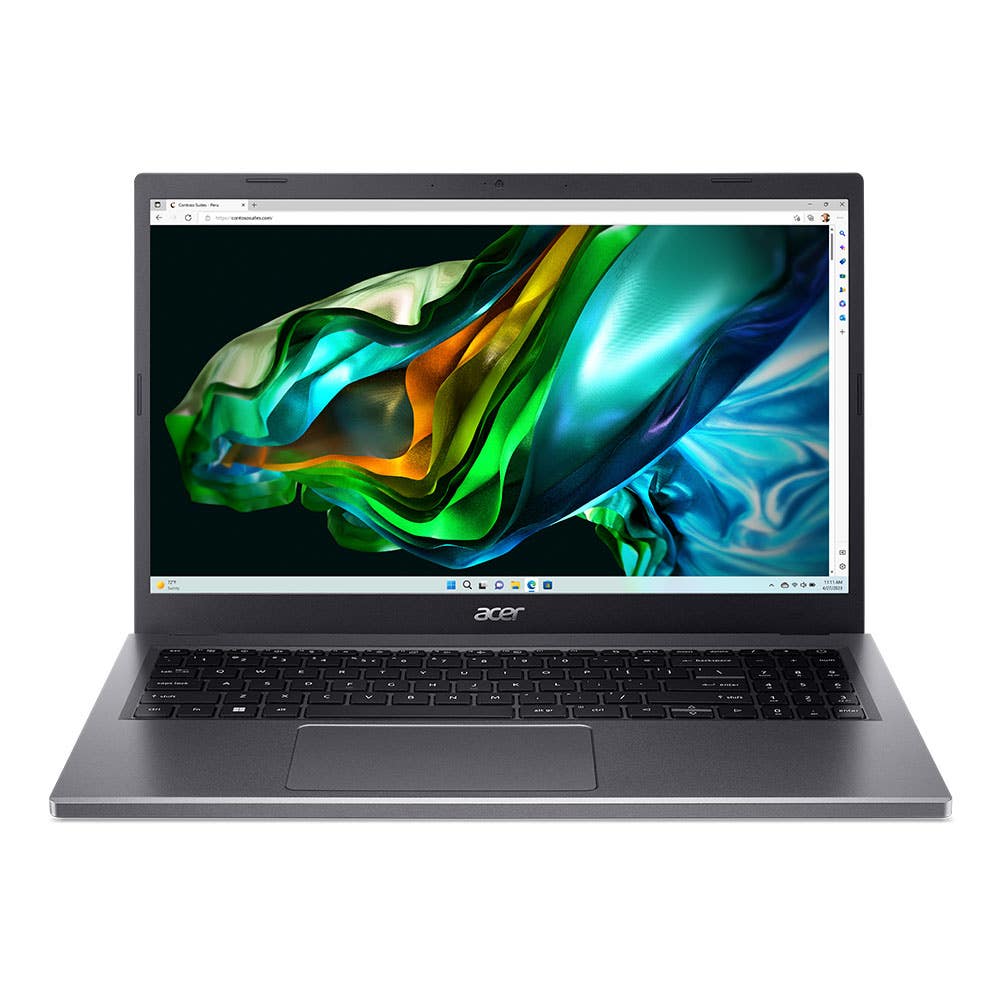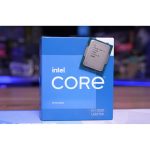With technology permeating every aspect of modern life, the demand for budget-friendly computing solutions that don’t skimp on performance has steadily risen. An Intel Core i3 laptop offers a middle ground that merges respectable power with affordability. This article delves into the merits and use cases of Core i3 powered laptops, guiding potential users and budget-conscious consumers in making an informed decision.
Understanding the Core i3 Processor
Performance Basics
Intel’s Core i3 processor is designed for entry-level laptops, positioned below the more powerful i5 and i7 variants. However, don’t let the ‘entry-level’ tag fool you. Core i3 CPUs handle everyday computing tasks like word processing, web browsing, and media playback with ease. With efficient processing architecture, dual-core and quad-core options, and Hyper-Threading technology, they offer a solid foundation for multi-tasking and productivity.
Energy Efficiency
Laptops equipped with a Core i3 processor are not just about providing adequate performance; they are also built with energy efficiency in mind. This focus on preserving battery life is a boon for those who prioritize mobility and don’t want to be constantly searching for a power outlet.
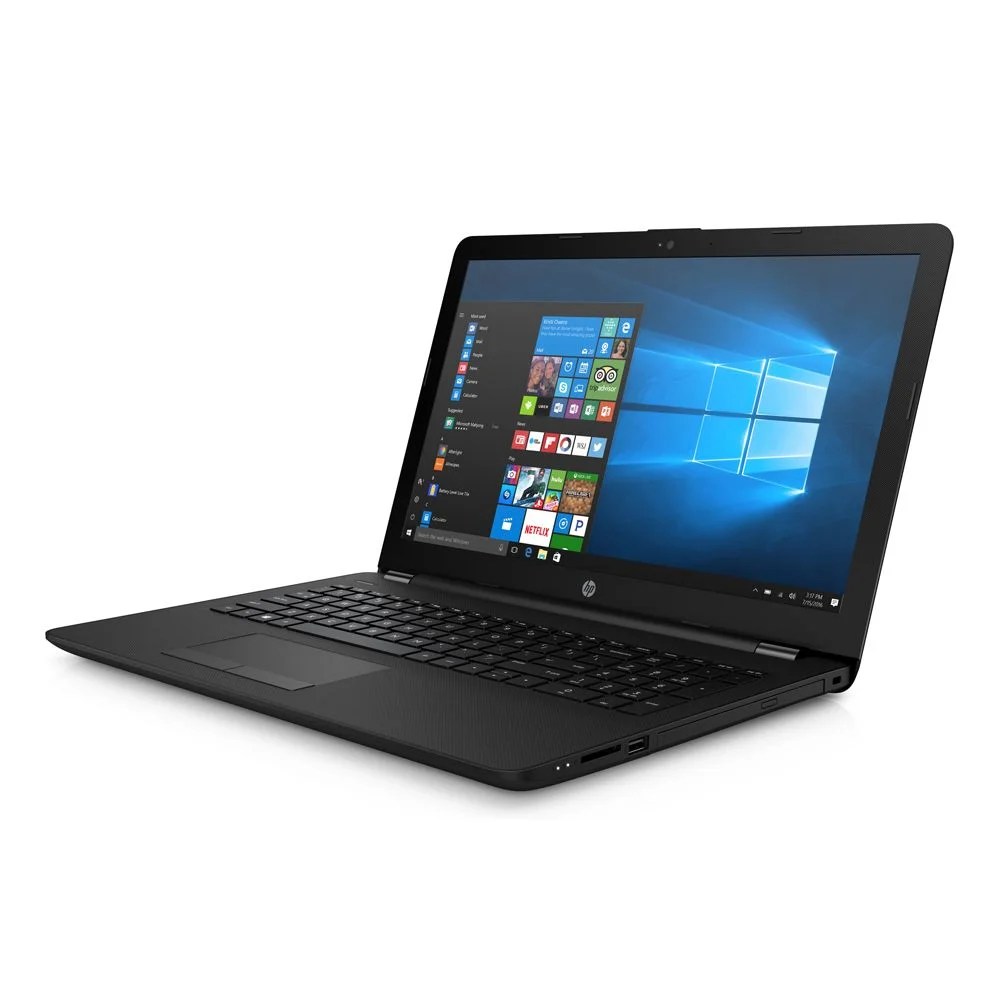
Cost-Effective Solutions for Everyday Users
Affordable Price Point
When budget constraints are paramount, an Intel Core i3 laptop shines as a cost-effective solution. It provides the necessary computing power for the majority of users at a price that beats high-end laptops without compromising too heavily on performance or build quality.
Comparison with High-End Models
Compared to their i5 and i7 counterparts, Core i3 laptops may lack certain features such as Turbo Boost and lower cache memory, but for users with moderate demands, these differences are often negligible. For functions like streaming video, working on documents, and browsing the internet, the i3 is more than adequate.
Ideal Use Cases for Core i3 Laptops
Suitable Tasks for i3 Laptops
Core i3 laptops excel in environments that require basic computing tasks, such as office work, studies, and casual home use. They are excellent for running word processors, spreadsheets, presentations, and other office or school software. Music and video streaming services also run smoothly, ensuring leisure activities aren’t hampered by hardware limitations.
Limitations in Performance-Heavy Scenarios
For users with a need for heavy-duty computing, such as video editing, 3D rendering, or gaming, the Core i3 might fall short. While it can handle light photo editing and some less demanding games, it’s important to manage expectations and align laptop usage with what the processor can comfortably handle.
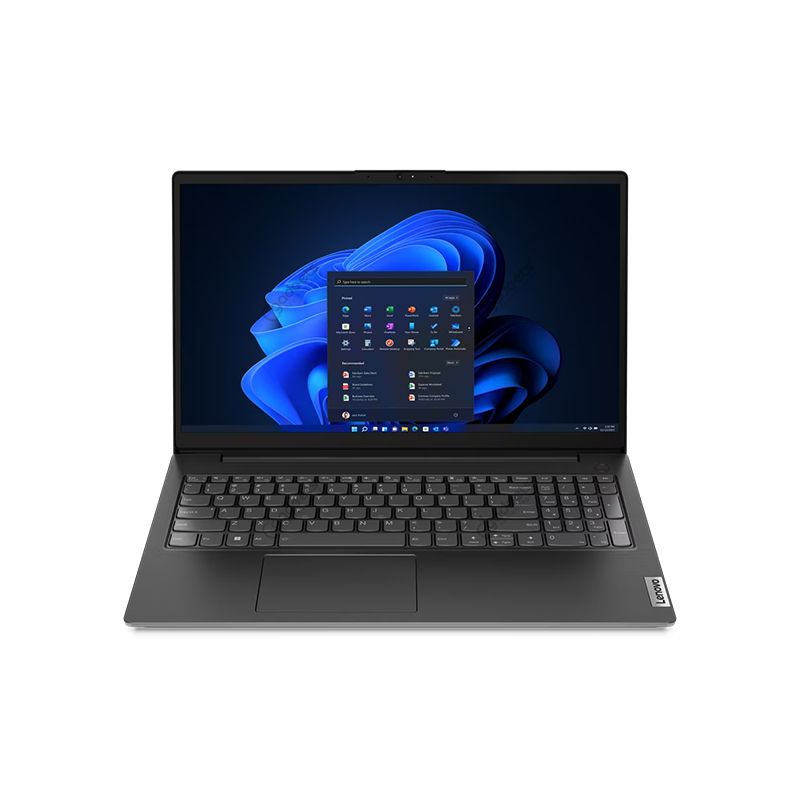
Balancing Features and Upgradability
Looking Beyond the Processor
When exploring Core i3 laptops, consider other features that contribute to functionality, such as RAM capacity, storage type (HDD vs. SSD), and screen quality. Balancing these factors can lead to a more pleasant user experience. For instance, opting for an SSD can greatly enhance the laptop’s responsiveness and speed.
Upgradability and Future Proofing
Some Core i3 laptops allow for hardware upgrades like increased RAM or additional storage. Selecting a laptop with these upgradable options can extend its usefulness, providing a way to keep pace with changing requirements without necessitating a full device replacement.
Connectivity and Portability Considerations
Essential Connectivity Options
In today’s interconnected world, having a range of connectivity options is vital. Most Core i3 laptops come with a suite of essential ports such as USB, HDMI, and card readers, as well as wireless technologies like Wi-Fi and Bluetooth. These enable easy integration with peripherals and networks, ensuring a versatile usage experience.
Travel-Friendly Designs
Due to their energy-efficient processors, many Core i3 laptops boast slim, lightweight designs that make them ideal travel companions. This portability, coupled with their typically long battery life, makes them suitable for students and professionals who need to work on the go.
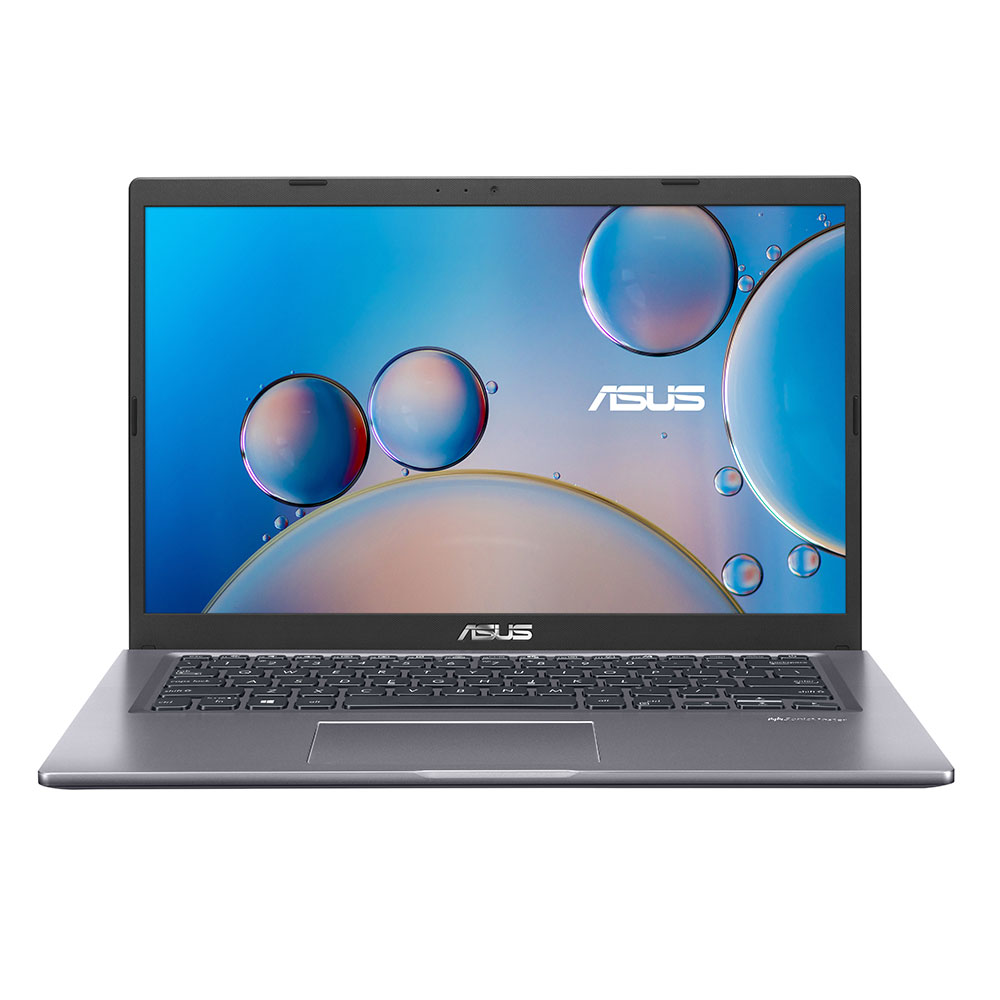
Practical Tips for Prospective Buyers
Identifying Your Computing Needs
Before committing to a purchase, clearly define what you’ll need the laptop for. If your computing is centered around basic tasks and you have no pressing need for advanced features, a Core i3 laptop will fulfill your requirements without putting too much strain on your wallet.
Research and Compare Models
Take the time to research different Core i3 laptop models and brands. Read reviews, compare specs, and weigh the pros and cons of each to find the best fit. Sometimes, deals or promotions can allow you to snag a laptop with a few extra features for a marginal increase in cost.
Matching Software with Hardware
The Core i3’s capability can handle a range of popular software platforms efficiently, from Microsoft Office to Adobe’s suite of creative applications. Users should align their software usage with the processor’s ability to ensure smooth operation without overtaxing the system.
Ensuring Pleasant User Experience
To maintain a snappy and responsive laptop, consider installing lightweight versions of software or using cloud-based alternatives that offload some of the processing requirements to remote servers. This can alleviate strain on the i3’s resources and provide a more fluid user experience.
Addressing Myths About Core i3 Limitations
Dismantling Performance Misconceptions
A common myth regarding Core i3 laptops is that they are too weak for anything beyond basic tasks. While it’s true that they’re not designed for resource-heavy applications, advancements in processor technology mean that modern i3 CPUs can handle a surprising amount of work, including casual gaming and entry-level content creation.
Evaluating Real-world Performance
Rather than just looking at specifications, prospective buyers should consider real-world performance. Reviews and user testimonials can offer insight into how these laptops operate in everyday scenarios, giving a more accurate picture of whether an i3 processor will suffice for individual needs.
Longevity and Durability Factors
Building to Last
An i3 laptop’s lifespan isn’t only determined by its CPU. Factors such as build quality, keyboard durability, and hinge strength play pivotal roles in how well the laptop will hold up over time. It’s important to choose models known for their solid construction—even at lower price points.
Software Updates and Maintenance
Keeping your Core i3 laptop running optimally involves regular software updates and maintenance. Staying on top of updates can help your laptop to remain secure and efficient, ultimately extending its useful life by keeping pace with the latest software demands.
Investing in the Right Laptop Accessories
Complementing Your Core i3 Laptop
Investing in quality accessories can make a Intel Core i3 laptop feel much more capable. Items such as an ergonomic mouse, a sturdy laptop bag, or a high-resolution external monitor can enhance the computing experience and offset some of the processor’s limitations.
Expansion with Docking Stations
For those who need to connect multiple devices or require additional ports, a docking station can be a valuable addition, expanding the capabilities of a Intel Core i3 laptop. This accessory makes it easy to transform a portable laptop into a formidable desktop-like setup.
Making an Eco-Friendly Purchase Decision
Reducing Electronic Waste
Choosing a Intel Core i3 laptop can be a more environmentally conscious decision due to its sufficient performance that meets, rather than exceeds, requirements. Well-maintained laptops contribute to reducing electronic waste, as they remain useful for a longer period before needing replacement.
Energy Consumption and Efficiency
i3 processor laptops tend to consume less power compared to higher-end CPUs, which can lead to lower energy bills and a smaller carbon footprint. This energy efficiency is especially important for users who are environmentally minded and aim to minimize their ecological impact.
Intel Core i3 laptop provide an economical option for those needing a reliable computer for standard tasks without the high cost of more advanced processors. They strike a balance between cost savings and satisfactory performance, catering specifically to users whose computing demands don’t touch on the intense. By carefully reviewing one’s needs and preferences, and considering the potential for future upgrades, users can optimize their investment in a Core i3 laptop, ensuring they get the benefits of modern computing in a streamlined and affordable package.
